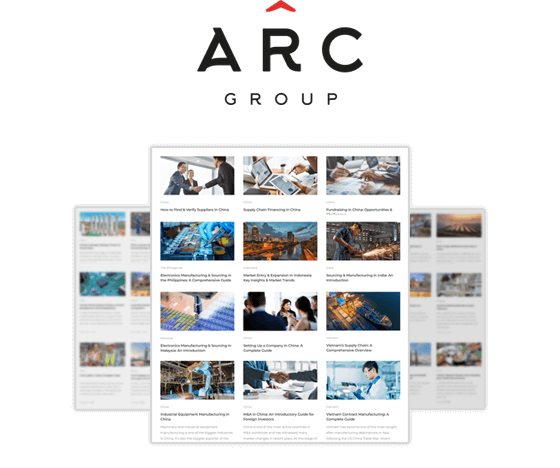
China’s entry to the World Trade Organization (WTO) in 2001 opened many sectors to foreign investment, however, significant ownership restrictions still remain today in many areas creating barriers for entry for global companies.
Since the beginning of reform in China, foreign investment has played a fundamental role in the successful development of key sectors of the economy. For instance, China is now the world’s biggest auto market with 28 million vehicles sold last year with foreign automakers accounting for nearly 60% market share. What is remarkable, is that this success comes despite the enforcement of the “50:50 rule” on foreign investment: a rule that limits ownership by foreign companies to 50% in joint ventures in China. The rationale for the policy is to allow local automakers time to learn, develop advanced technologies and build their own brand and market acceptance before giving overseas carmakers unfettered and ultimate access to the market.
China issued in Q4 2015 a new foreign investment catalog, a huge step to fully open certain industries in the China market to global companies: as key parts of the reform, current restrictions on foreign ownership percentage and the form of investment will be removed from the auto industry.
More recently, China was prepared to announce the policy revision during President Xi’s visit to Florida for a summit with U.S president Donald Trump to discuss programs to reduce the trade imbalance between the two countries. As a result of the summit, the Chinese government committed to start a pilot scheme in the first half of 2018 to ease restrictions on foreign firm’s ownership of new energy and special vehicles joint ventures set up in free trade zones. The timely pledge comes as Tesla is planning to build a fully owned factory in Shanghai. Through 100% ownership, the electric car magnate targets to expand its presence in China’s growing electric vehicle (EVs) market without compromising its operational independence or intellectual property.
Currently, China is the world’s largest EVs market with 336,000 new EVs registered and approximately 375,000 EVs manufactured by Chinese OEMs in 2016, 43% of the total production worldwide. The government has stated an objective to boost sales of EVs to grow its national market share from the current 2% to 20% by 2025 as part of its environmental program and path to become a clean energy leader in the world. Lifting restrictions on joint ventures and allowing foreign entities to manufacture in China will be a fast path to increase efficiencies, ultimately reducing the cost of producing each EV.
The lithium battery is the key component of the electric vehicle determining in great part the range and durability of the car. Similar to restrictions on the car manufacturers, foreign ownership in EV battery manufacturing plants was strictly restricted to less than half but are planned to be removed with the newly announced reforms. This will encourage further foreign investment in China to increase production capacity to meet the growing demand for batteries.
China started a new journey to open and participate in the global markets when it joined the WTO in 2001. As the country slowly began its journey, Chinese authorities set restrictions for foreign automakers limiting their joint venture participation to 50% to encourage management and technology know-how transfer. Even with these restrictions, the promise of a large Chinese market potential attracted many companies to enter the market to take advantage of more efficient logistics, reduced import duties and lower labor and production costs. Establishing a local manufacturing footprint was a key element to remain cost competitive and penetrate the luxury vehicle segment, which was burdened with a 25% import tax.
The lifting of restrictions on joint ventures amplifies further the attractiveness for foreign companies to invest in China, especially small and medium scale firms, creating opportunities for them to enter and enjoy the growth of the Chinese domestic market. This is a big step for China to shift from a traditional protectionist policy to become a more open and global player that enjoys the advantages and benefits of participation of foreign investment.
Read about our market entry and expansion consulting services and our experience in the automotive sector.
The insights provided in this article are for general informational purposes only and do not constitute financial advice. We do not warrant the reliability, suitability, or correctness of the content. Readers are advised to conduct independent research and consult with a qualified financial advisor before making any investment decisions. Investing in financial markets carries risks, including the risk of loss of principal. Past performance does not guarantee future results.
The views expressed herein are those of the author(s) and do not necessarily reflect the company's official policy. We disclaim any liability for any loss or damage arising from the use of or reliance on this article or its content. ARC Group relies on reliable sources, data, and individuals for its analysis, but accuracy cannot be guaranteed. Forward-looking information is based on subjective judgments about the future and should be used cautiously. We cannot guarantee the fulfillment of forecasts and forward-looking estimates. Any investment decisions based on our information should be independently made by the investor.
Readers are encouraged to assess their financial situation, risk tolerance, and investment objectives before making any financial decisions, seeking professional advice as needed.



